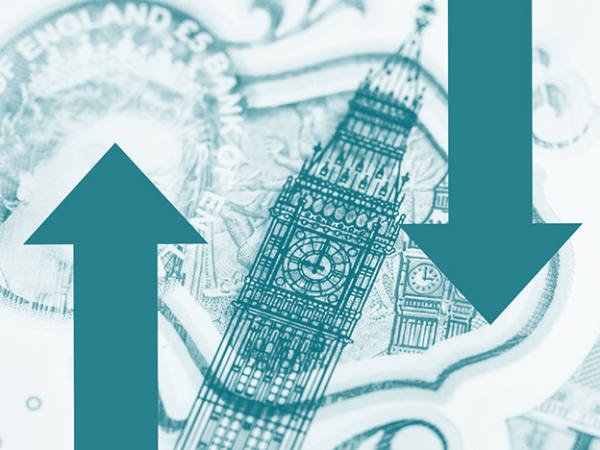Occidental Petroleum (US:OXY) is trying to buy Anadarko Petroleum for around $38bn (£29bn) and has been involved in a bidding war with Chevron.
If Occidental wins out, it will receive $10bn of financing from Warren Buffett’s Berkshire Hathaway. Berkshire will get $10bn of preference shares paying interest of 8 per cent, along with what looks like a decade-long option to buy 80m Occidental shares at $62.50, compared with a share price at the time of $58.50.
This deal is being lauded by Buffett fans as a great deal for Berkshire. I suppose most of us wouldn’t say no to an investment paying 8 per cent a year, but the fact that Occidental has agreed to this puzzles me. It seems that it and its shareholders are paying a very high price for the rubber stamp of approval from Warren Buffett.
I am not alone in thinking how Occidental with a market capitalisation of $44bn, annual free cash flow of around $3bn and net borrowings of $8bn could not have financed itself more cheaply than 8 per cent, given how low interest rates currently are. Interest on preference shares is not tax deductible, either (interest on normal debt is) and so when the potential dilution of the warrants are considered this is a very bad deal for Occidental shareholders. If I was one of them, I would be very upset at this kind of deal.
I wouldn’t be jumping for joy if I was a Berkshire shareholder, either. While Mr Buffett has done very well out of similar deals with General Electric, Bank of America and Goldman Sachs, the $800m of annual preference dividends will not add much to a company that generated $24.8bn in operating income last year. It is also unlikely to meaningfully increase the value of the business, which is currently valued at $524bn.
There are a few lessons in this deal for private investors as this is the kind of deal for privileged investors only. What is far more telling is that Berkshire, with around $100bn of spare cash, is struggling to put that to work in the current environment as it cannot seem to find good value-enhancing opportunities. It doesn’t seem to even think that its own shares are good value given the small amounts spent on repurchases.
There’s no shame in this. In fact, it’s the main attraction of having Warren Buffett in charge of his shareholders’ money. They are lucky that he is not a hostage to quarterly performance scrutiny by legions of financial consultants and is free to act with a genuine long-term view even if it means underperforming the stock market.
His refusal to overpay for companies is laudable in the current stock market environment and is something investors should take note of. It also explains to some extent why Berkshire’s shares have lagged the S&P 500 over the past decade.
This is to be expected as Berkshire only tends to come into its own in bear markets and recessions when it can use its reserves built up in the good times to buy good businesses at attractive prices. People should not expect things to change now.












